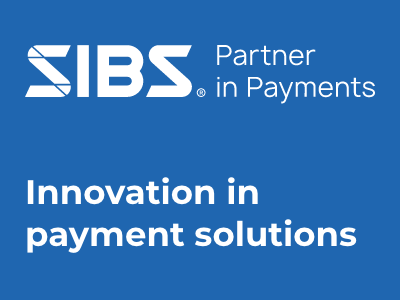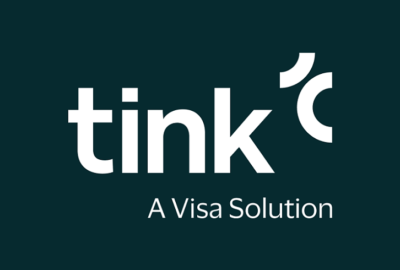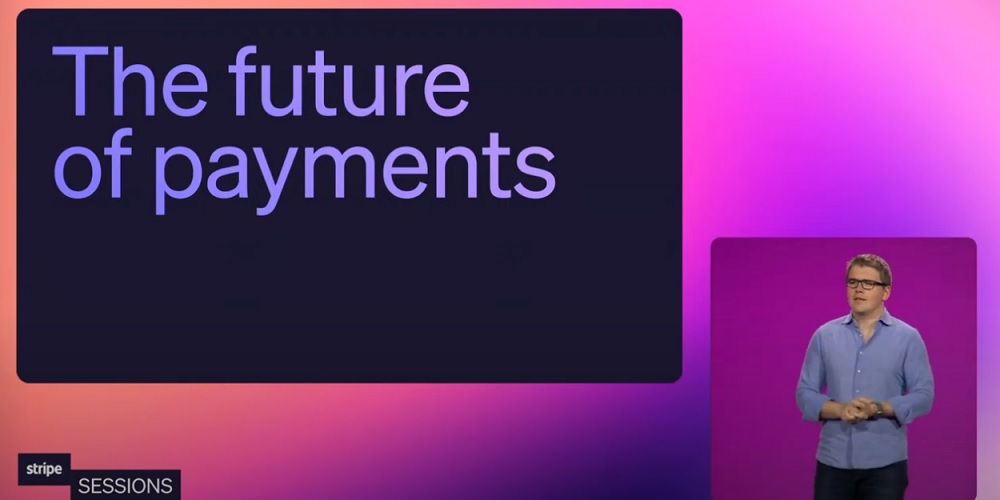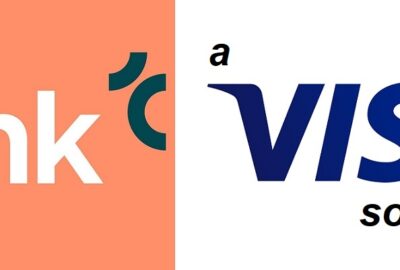Ministry of Finance: Germany won’t tax bitcoin users for using the cryptocurrency as a means of payment
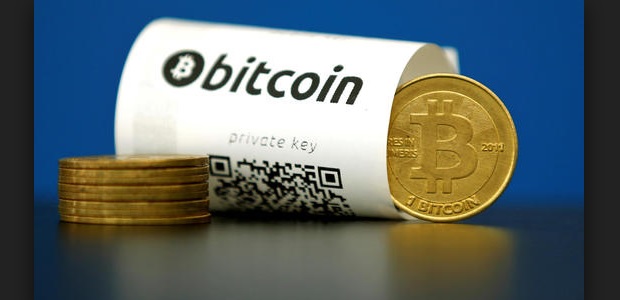
The guidance, published Tuesday, sets Germany apart from the U.S., where the Internal Revenue Service treats bitcoin as property for tax purposes – which means that if an American buys a cup of coffee with bitcoin, it’s technically considered a sale of property and potentially subject to capital gains tax. Instead, Germany will regard bitcoin as the equivalent to legal tender for tax purposes when used as a means of payment, according to a new document.
The Bundesministerium der Finanzen based its guidance on a 2015 European Union Court of Justice ruling on value added taxes (VAT). The court ruling creates a precedent for European Union nations to tax bitcoin while providing exemptions for certain types of transactions.
Notably, the new German document justified its tax decisions by regarding cryptocurrencies a legal method for payment, stating:
„Virtual currencies (cryptocurrencies, e.g., Bitcoin) become the equivalent to legal means of payment, insofar as these so-called virtual currencies of those involved in the transaction as an alternative contractual and immediate means of payment have been accepted.”
For tax purposes, this means that converting bitcoin into a fiat currency or vice versa is „a taxable miscellaneous benefit.” When a buyer of goods pays with bitcoin, an article of the EU’s VAT Directive will be applied to the price of bitcoin at the time of the transaction, as documented by the seller, according to the document.
However, as per the EU ruling, the actual act of converting a cryptocurrency to fiat or vice versa is classified as a „supply of services,” and therefore a party acting as an intermediary for the exchange will not be taxed.
Payment fees sent to digital wallet providers or other services can likewise also be taxed, according to the document.
Other aspects of the cryptocurrency ecosystem will not be taxed. Miners who receive block rewards will not be taxed, as their services are considered to be voluntary, according to the document.
Similarly, exchange operators that buy or sell bitcoin in their own name as an intermediary will receive a tax exemption, though an exchange operating as a technical marketplace will not receive any such exemption.
Source: coindesk.com
Anders Olofsson – former Head of Payments Finastra
Banking 4.0 – „how was the experience for you”
„So many people are coming here to Bucharest, people that I see and interact on linkedin and now I get the change to meet them in person. It was like being to the Football World Cup but this was the World Cup on linkedin in payments and open banking.”
Many more interesting quotes in the video below:
